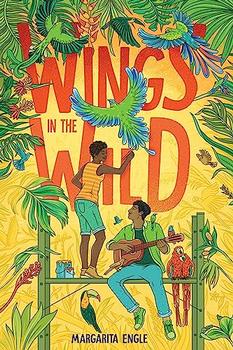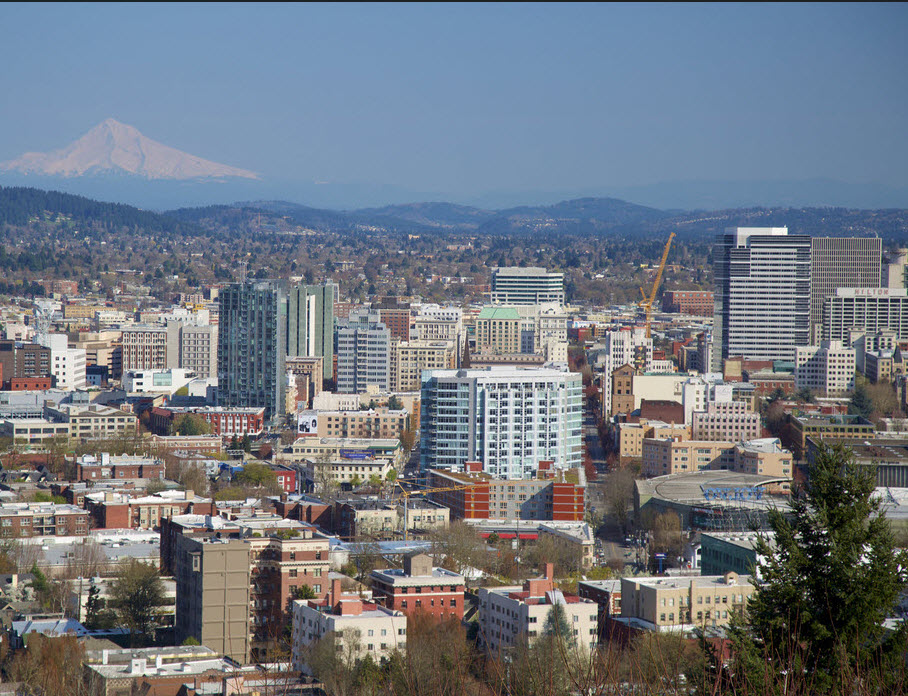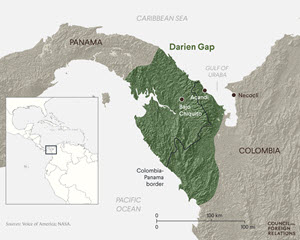Summary | Excerpt | Reading Guide | Reviews | Beyond the Book | Read-Alikes | Genres & Themes | Author Bio

This article relates to Wings in the Wild
 In 1893, Cuban poet and revolutionary José Martí met for the first time with the exiled general Antonio Maceo Grajales in San José, Costa Rica. Martí, who had spent much of his life in peripatetic exile, had founded the Cuban Revolutionary Party on 10th April, 1892, and Maceo had fought two failed wars fighting against Spain for Cuban independence. The general had been exiled, and granted refuge by Costa Rica, a country that had gained its independence from Spain in 1821 and was sympathetic to the Cuban cause. Maceo and his soldiers were granted land in the Nicoya Province on Costa Rica's Pacific coast and there, with other Cuban exiles, they founded an agricultural colony.
In 1893, Cuban poet and revolutionary José Martí met for the first time with the exiled general Antonio Maceo Grajales in San José, Costa Rica. Martí, who had spent much of his life in peripatetic exile, had founded the Cuban Revolutionary Party on 10th April, 1892, and Maceo had fought two failed wars fighting against Spain for Cuban independence. The general had been exiled, and granted refuge by Costa Rica, a country that had gained its independence from Spain in 1821 and was sympathetic to the Cuban cause. Maceo and his soldiers were granted land in the Nicoya Province on Costa Rica's Pacific coast and there, with other Cuban exiles, they founded an agricultural colony.
In Margarita Engle's novel Wings in the Wild, the two teenage protagonists, Soleida and Dariel, visit the place where Martí and Maceo met. Soleida is a Cuban refugee and Dariel is Cuban-American; his grandparents having lived in Costa Rica before they were allowed to enter the U.S. and settle in Miami. Dariel tells us this was just before the Mariel Boatlift of 1980, in which Cubans who wished to emigrate were granted permission by Fidel Castro to leave from Cuba's Mariel Harbour. Over 125,000 took boats in a dangerous sea crossing to Florida, which put a strain on U.S. immigration and resettlement organizations. Costa Rica also took in Cubans during this time; for three days Castro allowed two flights a day to depart from Havana to Costa Rica's captial, San José. Of the Cubans who arrived in Costa Rica, a number remained there and integrated relatively easily into Costa Rican society, while retaining their Cubanismo (national pride), traditions, and customs.
When relations between Havana and Washington began to improve in 2014, fears arose that preferential asylum rights for Cubans would cease. As a result, the number of Cubans attempting to migrate to the U.S. increased. Costa Rica issued transit visas to over 1,000 Cubans, but Nicaragua and Guatemala refused to grant them entry and accused Costa Rica of creating a "humanitarian crisis." Many Cuban refugees began their journeys in Ecuador or, like Soleida, in Venezuela, travelling through Colombia and Panama to arrive in Costa Rica. The Nicaraguan government sent soldiers and police to arrest any refugees crossing into their country, sent them back to Costa Rica, and closed its borders. Costa Rica continued its policy of welcoming migrants and its commitment to not deporting Cuban refugees because of the island's human rights violations. However, the Costa Rican government had to set up more camps along the border, which had a severe impact on their resources, and they stopped issuing transit visas to Cubans in December 2015.
 In her journey to the Costa Rican border camp, Soleida has to endure the trek through the dangerous and lawless sixty-mile Darién Gap, a remote, roadless crossing on the border between Colombia and Panama, which is the only land route between South and Central America. Many migrants from Cuba, Ecuador, Haiti, and even places such as Cameroon, Angola, Bangladesh and Uzbekistan, cross Darién when other, safer routes are closed to them, falling prey to disease, flash floods, unscrupulous smugglers, and criminal gangs. According to the Panamanian Government, more than 151,000 migrants crossed the Darién Gap between January 2022 and September 2022, 22,000 of whom were children. A decade ago, the annual number of migrants was only a few hundred.
In her journey to the Costa Rican border camp, Soleida has to endure the trek through the dangerous and lawless sixty-mile Darién Gap, a remote, roadless crossing on the border between Colombia and Panama, which is the only land route between South and Central America. Many migrants from Cuba, Ecuador, Haiti, and even places such as Cameroon, Angola, Bangladesh and Uzbekistan, cross Darién when other, safer routes are closed to them, falling prey to disease, flash floods, unscrupulous smugglers, and criminal gangs. According to the Panamanian Government, more than 151,000 migrants crossed the Darién Gap between January 2022 and September 2022, 22,000 of whom were children. A decade ago, the annual number of migrants was only a few hundred.
A complicated political tangle still affects refugees' ability to travel through and reside in Latin American countries. In November 2021, Nicaragua lifted visa restrictions for Cubans, possibly as a result of their deteriorating relationship with the U.S., and there was a huge demand for flights to Costa Rica's San José. Costa Rica responded by requiring Cubans obtain a "transit visa", which led to protests outside the Costa Rican embassy in Havana. On March 1, 2023, the General Immigration Directorate of Costa Rica re-opened applications for the special humanitarian permit for eligible Cuban, Nicaraguan, and Venezuelan nationals to reside and work in Costa Rica, but Cubans are still required to show proof of financial means to enter the country.
San José, Costa Rica. Source: Canva
Map of the Darien Gap, source Council on Foreign Relations
Filed under Society and Politics
![]() This "beyond the book article" relates to Wings in the Wild. It originally ran in May 2023 and has been updated for the
April 2024 paperback edition.
Go to magazine.
This "beyond the book article" relates to Wings in the Wild. It originally ran in May 2023 and has been updated for the
April 2024 paperback edition.
Go to magazine.
If there is anything more dangerous to the life of the mind than having no independent commitment to ideas...
Click Here to find out who said this, as well as discovering other famous literary quotes!
Your guide toexceptional books
BookBrowse seeks out and recommends the best in contemporary fiction and nonfiction—books that not only engage and entertain but also deepen our understanding of ourselves and the world around us.